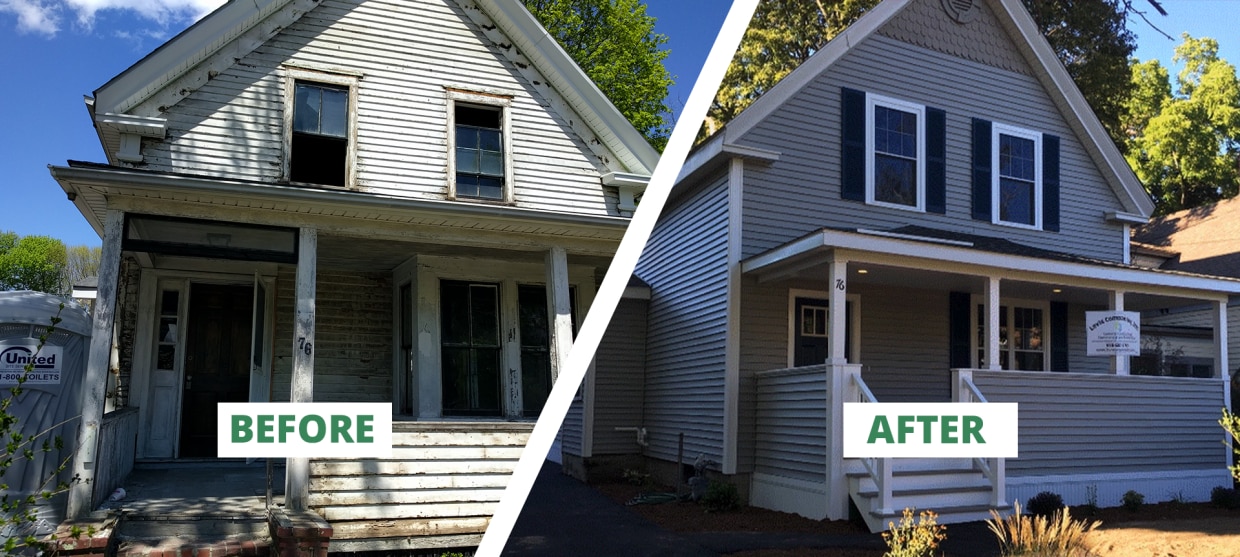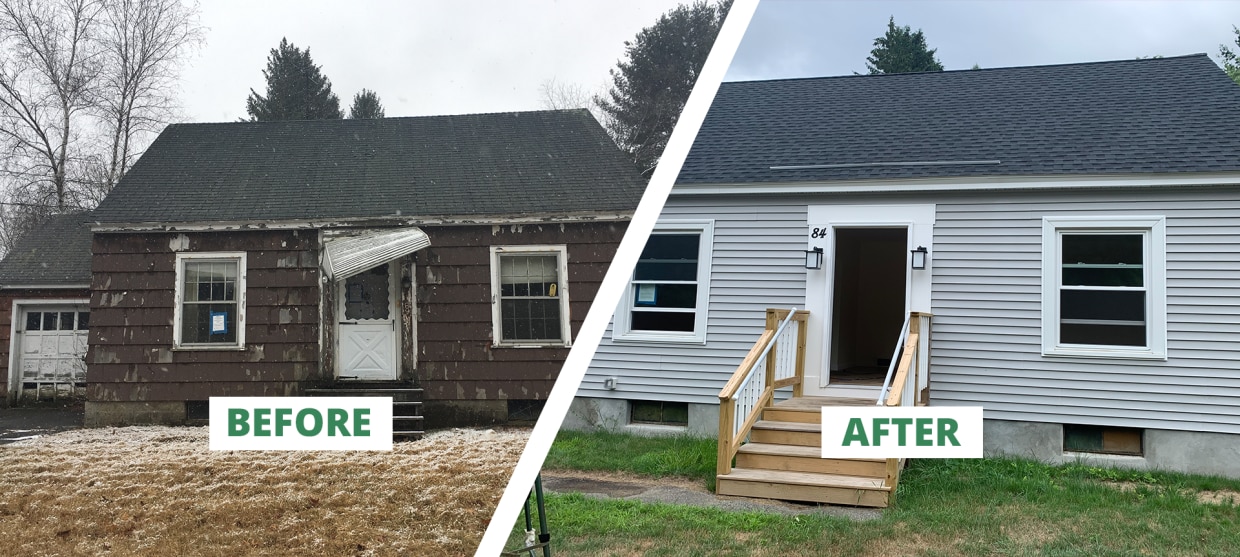Basics of Receivership
The authority to use receivership to address distressed properties is found in Massachusetts General Law Chapter 111 Section 127I. Receivership petitions can be brought by effected occupants or a public agency such as the Attorney General’s Office (AGO) or a municipality. The AGO frequently brings petitions for receivership working in partnership with a municipality. The process begins with the filing of a petition, asking the appropriate court to appoint a receiver to bring the property into compliance with the State Sanitary Code. This position is generally filled by someone (or an entity) with property management or restoration experience. Receivers can be individuals, for profit entities, or non-profit organizations. Receivers do not work for the AGO or the municipality. Instead, they are agents of the appointing court. For this reason, those interested in serving as a receiver may want to reach out to both the local housing court and the municipalities in the regions where they are interested in working to learn more about the application process for receivers.
Receivership in Partnership with the AGO
The AGO’s Neighborhood Renewal Division (NRD) focuses on residential properties. Municipalities throughout the Commonwealth can refer properties with severe violations of the State Sanitary Code to NRD. NRD will then work with the municipality to communicate with the homeowner(s) to address violations and bring the property back up to code. Over 80 percent of distressed properties referred to NRD are resolved prior to filing a petition with the court. A petition to appoint a receiver is only filed when the homeowner(s) fails to respond to NRD regarding violations or if the homeowner(s) fails to comply with an agreement with NRD and the municipality to maintain and/or repair the property. Petitions that are brought to the court can be brought by NRD alone or in conjunction with a municipality. NRD generally files its petitions for receivership in the property’s regional housing court.
Since a receiver is an agent to the court, the judge will determine if a specific receiver is suitable to handle a property. In many regions, the housing court maintains a Receiver List and, without unique circumstances, the appointed receiver will be the next available receiver on the list. Depending on the court’s location, potential receivers may apply and be put on a court’s list. In cases in which NRD has petitioned for the appointment of the receiver, the receiver will also be subject to a thorough background check. This is to ensure that the receiver and associated business entities are abiding by Massachusetts’ laws (for example: wage and hour laws; non-profit filing requirements; and environmental regulations). The Frequently Asked Questions section on the AGO’s website can also provide more information on a receiver’s role with NRD.
This manual provides sample documents of the pleadings and orders filed by the Massachusetts Attorney General’s Office and current receivers in recent receivership actions within various courts throughout the Commonwealth. This manual covers most facets of receivership from the initial communication with a property owner to the termination of a receivership. Included are examples of correspondence by NRD with (i) property owners, (ii) lien holders, and (iii) others with interest in a property subject to enforcement actions.
Legal Disclaimer
These forms and sample correspondence should not be relied upon as either legal advice or an opinion by the Attorney General’s Office. If you would like to use the forms, then you should do so only with the independent advice of legal counsel who can modify them to reflect the specific circumstances of your case and advise you as to the applicable law.

